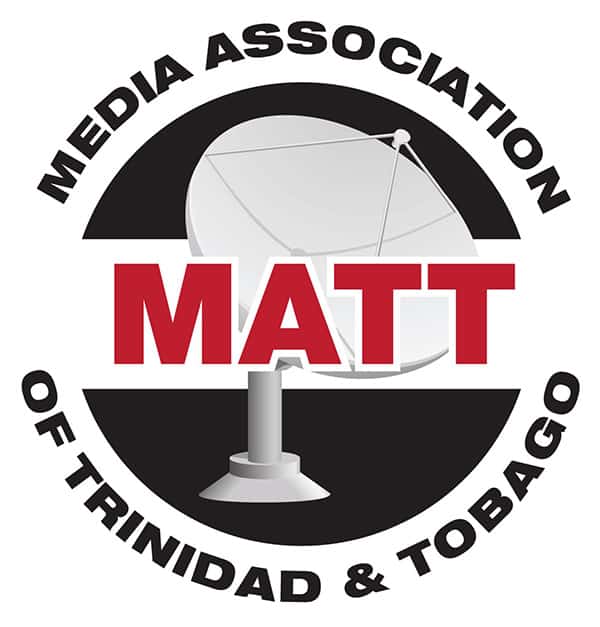
The Cyber Crime Bill (2014) that contains provisions to charge journalists and their sources for electronic tip-offs raises deep concerns within the media profession and should be carefully observed by the wider public.
Particularly worrisome to MATT are those aspects of the Bill that infringe on journalists’ freedom to gather and report information. The Bill threatens to criminalise and imprison journalists who report on documents obtained from whistleblowers and to undermine the ethical obligation of journalists to protect the identities of confidential sources. This challenges the constitutionally enshrined rights of press freedom and the public’s right to free expression, key pillars on which our democracy stands.
Several clauses of the Bill strike directly at the day-to-day professional activities of journalists and other civil society interests. Clauses 9 and 13, for example, threaten to stifle and criminalise journalists, whistleblowers and members of the public who receive, gain access to or share “computer data from another person knowing that the other person has obtained the computer data through unauthorised means.”
These laws can be used to prosecute journalists and whistleblowers along with members of the public who re-share such material over the internet. Penalties range from $200,000 and three years imprisonment to $500,000 and five years imprisonment.
The Bill, read for a second time on Friday May 15, was first introduced in the Lower house of Parliament on March 21, 2014. MATT observes that the reintroduced Bill retains provisions that were challenged in 2014. Among those raising concerns last year was the Trinidad and Tobago Publishers and Broadcasters Association (TTPBA) who received a commitment from then national security minister Gary Griffith that desired consultation with stakeholders would have been undertaken. That consultation has not occurred.
While laws that protect digital information systems are pertinent in an evolving digital environment, MATT notes that the Bill provides no media exemption, consideration for public interest journalism or watchdog investigations. It is MATT’s view that this Bill cannot go forward. MATT therefore calls for the immediate withdrawal of the Bill in its current form to allow for greater consultation with stakeholders, including MATT, and public debate.

